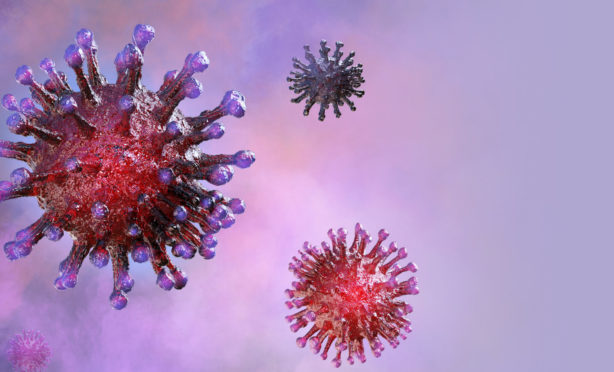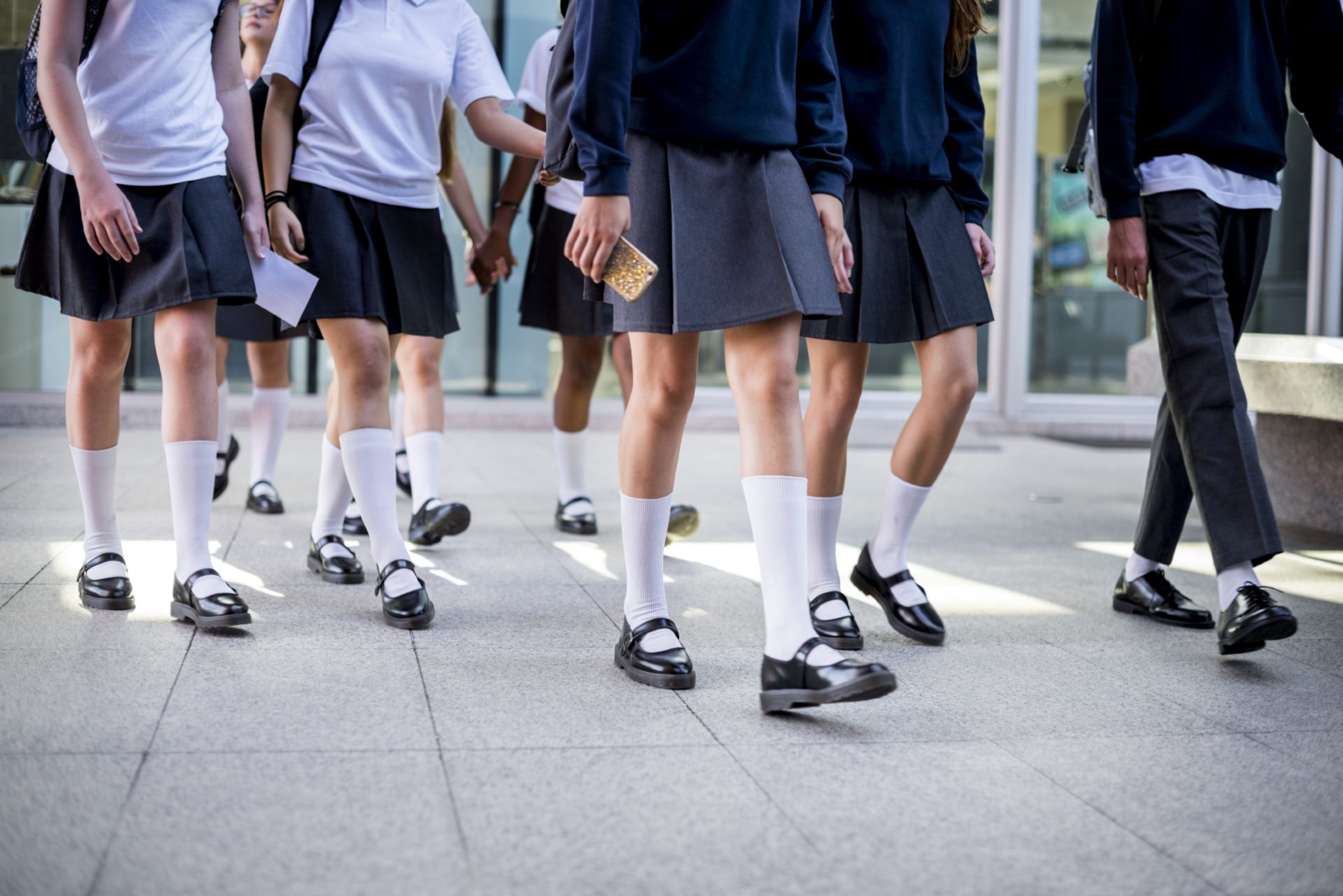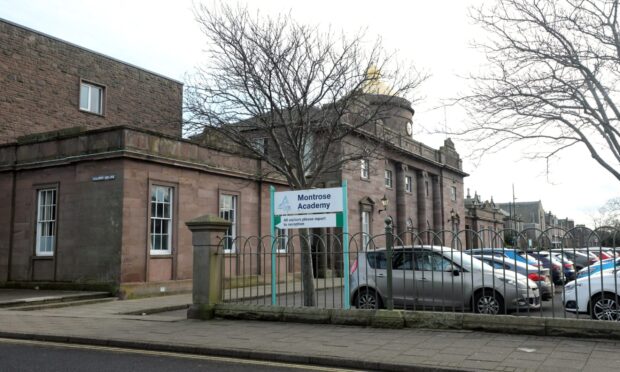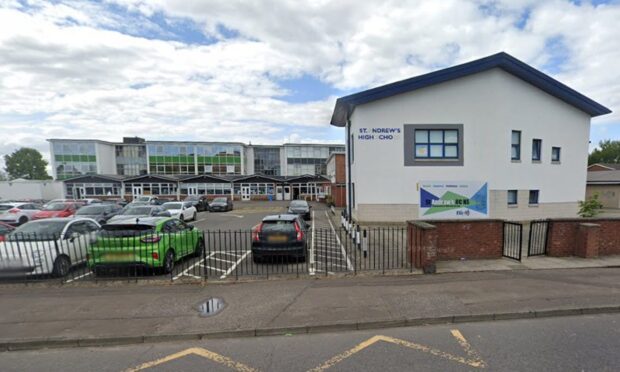Scientists will examine whether children’s return to school affects the spread of Covid-19.
Those behind the study said the results could be a “game changer” if it is found that children are less likely to spread the virus.
Conducted by a team at St Andrews University and data science firm Blue Hat Associates, the project looking at households’ reports of coronavirus aims to avoid further lockdowns and get children back to school.
It also hopes to provide a truer picture of how many people have actually been infected, including those who have not sought medical help.
But researchers need more people to register to take part and help them gain a better understanding of the spread within households, which they say may enable the UK to lift social distancing measures by the autumn.
They are to explore how children’s return to school from August and reduced social distancing may impact spread, with households rather than individuals focused upon.
If we can prove children are not carriers, or are significantly less contagious than has been assumed so far, it will be a gamechanger for families.”
Chris Phillips, tmwi
Chris Phillips, chief executive officer of sponsor tmwi, said: “If we can prove children are not carriers, or are significantly less contagious than has been assumed so far, it will be a gamechanger for families.”
Schools attended by study participants will be recorded, as well as whether they are isolating or not.
By using household data scientists can identify the contagion of a disease in an environment without social distancing.
Parents provide data
Parents will be asked to provide data for their children and also record whether they are part of a household bubble.
To widen participation, it also uses a simple website more familiar to the older generation than an app, allowing it to shed light on the health of the elderly and young as well as more tech-savvy adults.
The project is part of the Scottish Government’s Covid-19 Rapid Research Programme.
Professor Colin McCowan, from the School of Medicine at St Andrews, said: “One of the big unanswered questions with Covid-19 is how many people actually have caught it.
One of the big unanswered questions with Covid-19 is how many people actually have caught it.”
Professor Colin McCowan, St Andrews University
“We know about the people who contact the NHS but not those who have stayed at home self-isolating.
“This work will help us identify that group of people and allow us to examine if there are differences between them and the people who have contacted the NHS.
“This will give us a more accurate picture of how many people have Covid-19 and also help in planning how best we look after them.”
The project has had high levels of participation in Edinburgh, Glasgow, London, Liverpool, Manchester, Leicester, Portsmouth and the Isle of Wight but uptake is slowing as lockdown is eased.
To take part visit c19track.org.











